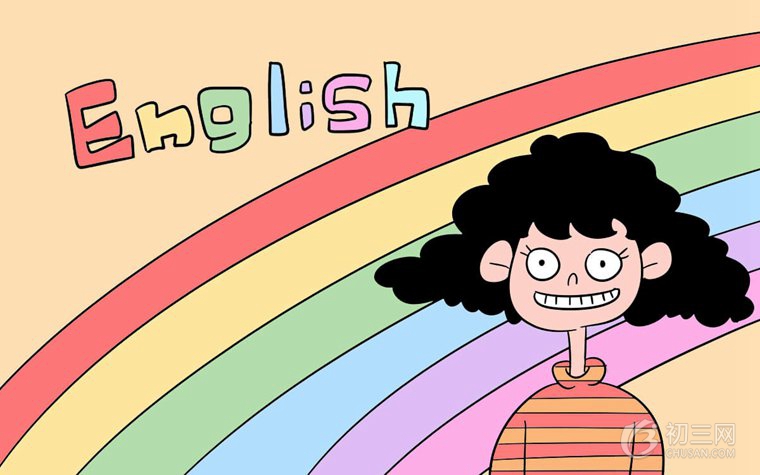请选择
初中英语有哪些比较重要的知识点呢?下面是初三网小编为大家整理的中考英语必考知识点,希望能对大家有所帮助。

初中英语语法知识点整理
1、主语:句子的主体,全句述说的对象。回答是“谁”或者“什么”。一般由名词、代词、不定式、动名词或从句担当,位于句首。
如:The boy needs a pen.
Smoking is bad for you = To smoke is bad for you
2、谓语:说明主语的动作或状态。回答“做(什么)”。由动词或系动词加表语担任,常置于主语后。
如:The train leaves at 6 o’clock.
She is reading.
3、宾语:表示动作的对象。回答做的是“什么”。一般由名词或代词担当,常置于谓语后。
如:He won the game.
He likes playing computer.
不可数名词
专有名词:NBA美篮协会 Michael Jackson 迈克杰克逊 the West Lake西湖
物质名词:液体:milk water tea coffee juice oil(油)
肉类:beef chicken mutton pork
天气:weather rain snow wind light 光
其他:news(新闻,消息) bread(面包)
抽象名词:fun love luck duty kindness善良happiness幸福progress进步
中考英语重要时态知识点
一般现在时:常与always,often,sometimes, every day连用,表示习惯或经常反复发生的动作或存在的状态。提醒你当第三人称单数做主语时,别忘了动词的变化。注意:象"地球大,月亮小"等客观真理、事实一定用一般现在时。
过去进行时:显然过去进行时表示过去某一时刻正在做什么,常和特定的时间状语如at that time,at six yesterday,at that moment,when he came in等连用。如: When he knocked at the door,his mother was cooking.
现在完成时:顾名思义,现在完成时表示的是已经完成的动作,但动作造成的影响还在,常被just,already,yet 等副词修饰。如:He has already gone to Tianjin. 对现在造成的影响是他已经不在这儿了。
中考英语常考知识点汇总
1.stop to do sth. 和stop doing sth.
“stop to do sth。” 表示停止做其它事情而去做“to do sth。”所表示的事情,可以将“to do sth。”理解成“stop”的目的状语;“stop doing sth。”表示不做“doing sth。”所表示的事情。
例如: “Stop talking. Let’s begin our class。” said the teacher. 老师说:“别说话了,让我们开始上课。”
We have kept doing our homework for a long time. Let’s stop to listen to music. 我们做家庭作业很长时间了,让我们停下来听听音乐。
2.forget to do sth。和forget doing sth. (remember to do sth. 和remember doing sth。)
“forget to do sth。”表示将来不要忘记做某事,谈的是未来的事情;“forget doing sth。”表示忘记过去应该做的事情。
例如: “Don’t forget to do your homework。” said the teacher before the class was over.
老师在下课前说:“不要忘记做家庭作业。”
“I’m sorry. I forgot doing my homework. May I hand it in this afternoon, Mr. Chen?” said Li Ming.
李明说:“对不起,我忘记做家庭作业了。我今天下午交好吗,陈老师?”
3.have sth. done。(过去分词)(让别人)做某事
例如:I had my hair cut yesterday afternoon. 我昨天下午理了发。
My computer can not work now. I must have it repaired. 我的电脑有故障了,我必须让人修好它。